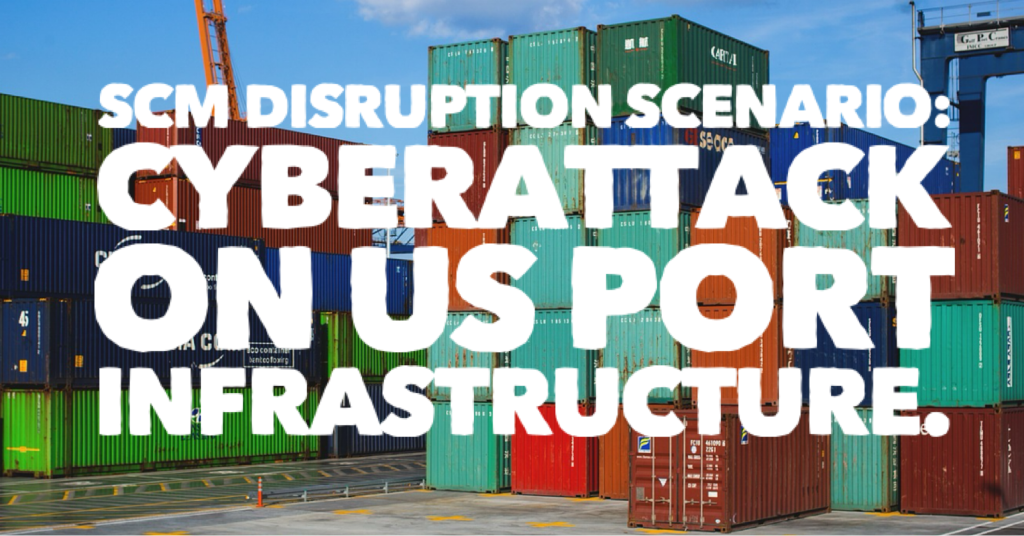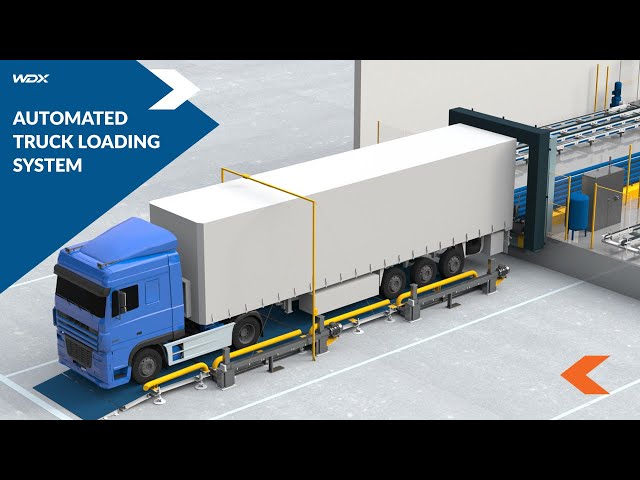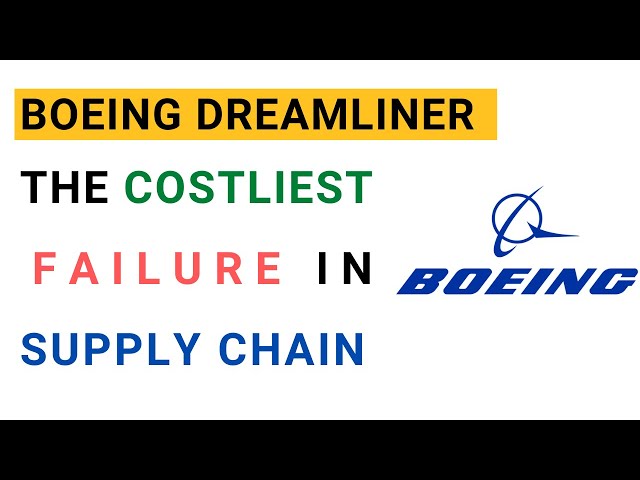What is Freight Management?
Freight management is the process of planning, coordinating, and overseeing the movement of goods or materials from one location to another. It involves a wide range of activities, including transportation planning, routing, scheduling, and tracking, as well as the management of warehouses, distribution centers, and other logistics facilities. Freight management is a critical component of supply chain management, as it helps to ensure that goods reach their destination on time and in good condition.
Freight management involves working with a variety of stakeholders, including carriers, shippers, consignees, customs agents, and other service providers. It may also involve managing various types of freight, such as raw materials, finished goods, hazardous materials, and perishable items. Companies may use a variety of tools and technologies, such as transportation management systems (TMS), to assist with freight management and optimize the movement of goods.
Overall, the goal of freight management is to create a seamless and efficient system for transporting goods and materials in a way that meets the needs and expectations of all stakeholders, while minimizing costs and minimizing the impact on the environment.
Pros and Cons for Freight Management
There are both benefits and potential challenges associated with freight management. Here are some pros and cons to consider:
Pros:
- Improved efficiency: Freight management can help to optimize the movement of goods and materials, reducing lead times and increasing the efficiency of the supply chain.
- Reduced costs: By optimizing routes and scheduling, freight management can help to minimize transportation and logistics costs.
- Enhanced customer satisfaction: Freight management can help to improve delivery times and reliability, which can enhance customer satisfaction.
- Environmental benefits: Freight management can help to reduce fuel consumption and greenhouse gas emissions by optimizing routes and using more efficient modes of transportation.
Cons:
- Complexity: Freight management can be a complex process, particularly for companies with a large number of locations or a wide range of products and services.
- Limited flexibility: Optimized routes and schedules may be less flexible and may not be able to accommodate last-minute changes or unexpected events.
- Disruption to existing processes: Changing routes or schedules may require changes to existing processes and may require additional training or support for employees.
- Risk of delays or errors: Freight management involves coordinating the movement of goods across a variety of stakeholders and modes of transportation, which can increase the risk of delays or errors.
Cost Savings: Freight Management
Freight management can help a company save money in a number of ways:
- Optimizing routes and schedules: By choosing the most efficient routes and schedules, a company can reduce the distance traveled and the time required to complete a trip, which can save money on transportation costs.
- Consolidating shipments: Combining multiple shipments into a single load can reduce the number of trips and lower transportation costs.
- Leveraging technology: Using technology such as transportation management systems (TMS) and GPS tracking can help to optimize routes and improve efficiency, which can reduce costs.
- Partnering with other companies: Collaborating with other companies or organizations can help to share the costs and benefits of freight management. For example, companies can join forces to fill empty or partially empty trucks (a practice known as “backhauling”), or they can work together to negotiate better rates with carriers.
- Optimizing warehouse and inventory management: Streamlining warehouse and inventory management can help to reduce lead times and improve the efficiency of the supply chain as a whole.
Freight Forwarding – A Complete Explainer Video
Further information on Freight Management
Freight management is the process of overseeing and managing the delivery of goods. It is a broad term that encompasses all the activities involved in getting goods from the point of origin to the point of destination. These activities can include:
- Planning and scheduling: This involves determining the best way to move goods, taking into account factors such as the distance to be traveled, the mode of transportation, and the desired delivery time.
- Carrier selection: This involves choosing the best carrier for the job, taking into account factors such as cost, reliability, and service level.
- Rate negotiation: This involves negotiating the best rates with carriers.
- Documentation: This involves preparing all the necessary paperwork, such as bills of lading and customs declarations.
- Tracking and tracing: This involves tracking the movement of goods and ensuring that they arrive at their destination on time and in good condition.
- Claims management: This involves handling any problems that may occur during the transportation process, such as damage or loss of goods.
Freight management is an important part of the supply chain. It is responsible for ensuring that goods are delivered on time, in good condition, and at the lowest possible cost.
Here are some of the benefits of freight management:
- Reduced costs: By optimizing the transportation of goods, businesses can reduce the cost of shipping.
- Improved customer service: By ensuring that goods are delivered on time and in good condition, businesses can improve customer satisfaction.
- Increased efficiency: By streamlining the freight management process, businesses can improve efficiency and reduce waste.
- Risk mitigation: By carefully managing the freight management process, businesses can mitigate risks such as damage or loss of goods.
- Compliance: By complying with regulations, businesses can avoid fines and penalties.
There are a number of different ways to manage freight. Some businesses choose to do it themselves, while others outsource it to third-party logistics providers (3PLs). The best approach will vary depending on the specific business and its needs.
If you are considering outsourcing your freight management, there are a few things you need to keep in mind:
- Make sure you choose a reputable 3PL provider: There are many 3PL providers out there, so it is important to do your research and choose one that has a good reputation and experience.
- Get everything in writing: Make sure you have a contract in place that clearly defines the responsibilities of both parties.
- Monitor performance: It is important to monitor the performance of the 3PL provider on an ongoing basis to ensure that they are meeting your expectations.
Transportation Resources
Supply Chain Disruption Scenario: Cyberattack on US Port Infrastructure.
Automated Truck Loading and Unloading System | Q-Loader.
How Shipping Containers Control Global Trade.
Baltimore Bridge Collapse: Impact on Supply Chain Disruption.
Boeing 787 Global Supply Chain Failure | MBA Case Study.
Where Is Globalisation Headed? A Supply Chain View.
Further Training by Primary SCM Process
End To End Supply Chain Management Process
- Plan it: What is Supply Chain Planning and Strategy?
- Buy it: What is Supplier Management and Procurement?
- Store it: What is Distribution, Warehouse and Inventory Management?
- Make it: What is Manufacturing?
- Ship it: What is Transportation, Logistics and Shipping?
- Return it: What is Return and Reverse Logistics?






